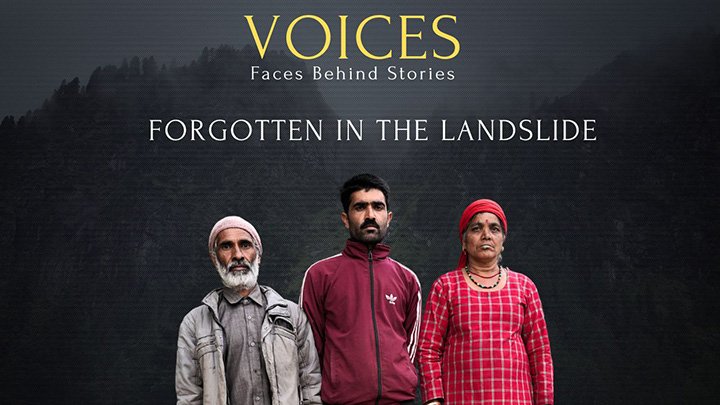
FORGOTTEN IN THE LANDSLIDE
Jhabe Ram bursts into tears as he narrates how a landslide swept away his family's house in Himachal Pradesh state, killing eight members of their joint family, including his wife and two children as well as his brother and his entire family. This northern state in the Himalayas is no stranger to natural calamities.
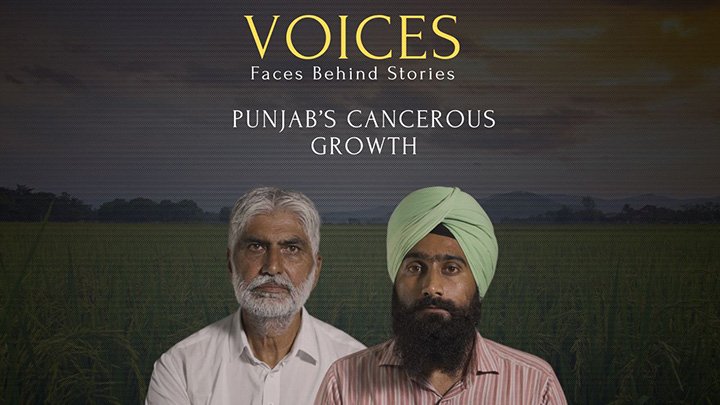
PUNJAB’S ‘CANCEROUS’ GROWTH
Harsimranjit Singh spent much of his youth looking after his father, who had cancer. Fazilka, where he lives, is one of the 11 districts that comprise Punjab state's "cancer belt," the Malwa region. In the nearby Ferozepur district, Kuldeep Singh had to quit farming as his wife was diagnosed with cancer.
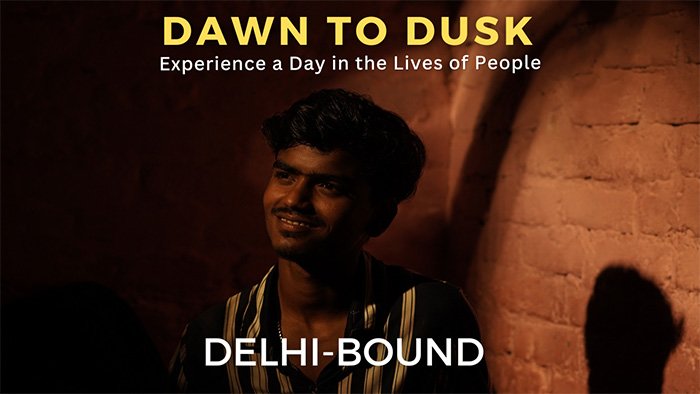
DELHI BOUND
Munna Singh, 19, a second-generation migrant worker, is a full-time supplier of water bottles and a part-time dog walker in the slums of Govindpuri, Delhi. As he is working hard to make ends meet for his family, his life resembles that of millions of interstate migrant workers in India’s capital. Here’s a day in his life.
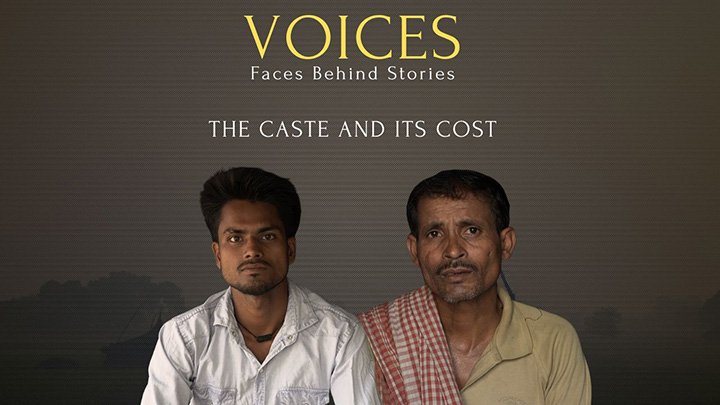
THE CASTE AND ITS COST
Jaihind, Ramesh and Baburam live in Uttar Pradesh state, which reported 12,714 cases of atrocities against #dalits in 2020, the highest in India, as per the government data. The three men, from the state’s Mahoba district, tell us what discrimination and violence look like despite legal protections they have had, on paper, for decades.

WOMEN SUFFER THE MOST | Rajasthan State’s Water Crisis
Few kilometres from the India-Pakistan border, people in Barmer district of the western state of Rajasthan face extreme water shortage. In scorching heat, women in this desert area spend several hours fetching water from the nearest wells. On an average, they walk about 2.5 kms to reach a water source and make many rounds each day.
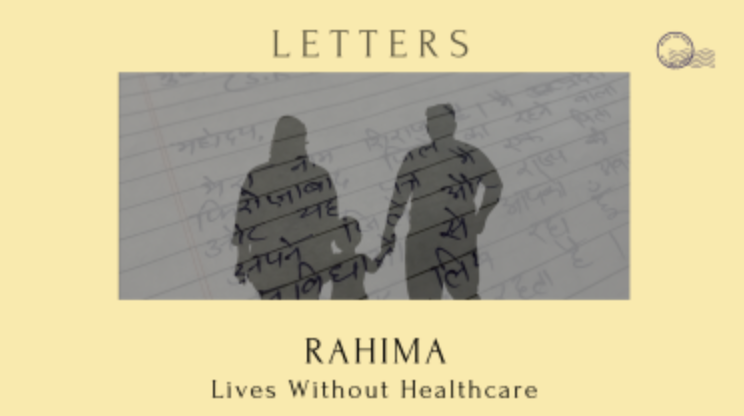
RAHIMA | Lives Without Healthcare
Sheeraz Ali's eight-year-old daughter, Rahima, fell ill with a "mysterious" viral fever, which spread like a wild fire among children in Uttar Pradesh state's Firozabad district in August 2021. In a letter to the district administration, Ali pours out his heart as he narrates what happened after Rahima's sickness.
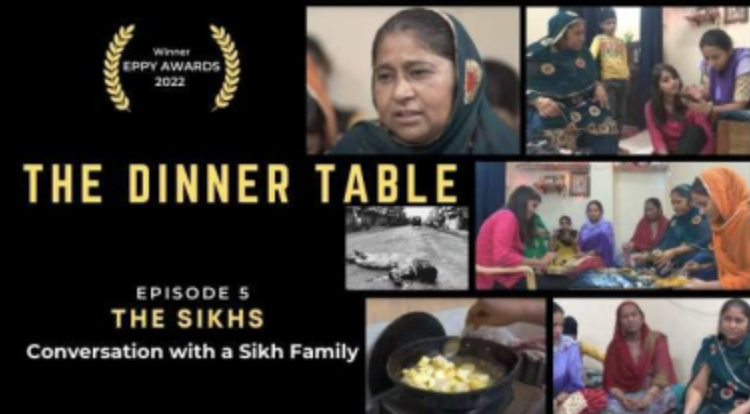
DINNER WITH THE KAURS | Conversation with a Sikh Family
Nirmal Kaur, a Sikh woman, was just 13 years old when she witnessed her father?s killing during an anti-Sikh massacre in 1984 after the then Indian Prime Minister Indira Gandhi was assassinated by her two Sikh bodyguards. Thirty-eight years later, the Kaurs continue to fight for justice.
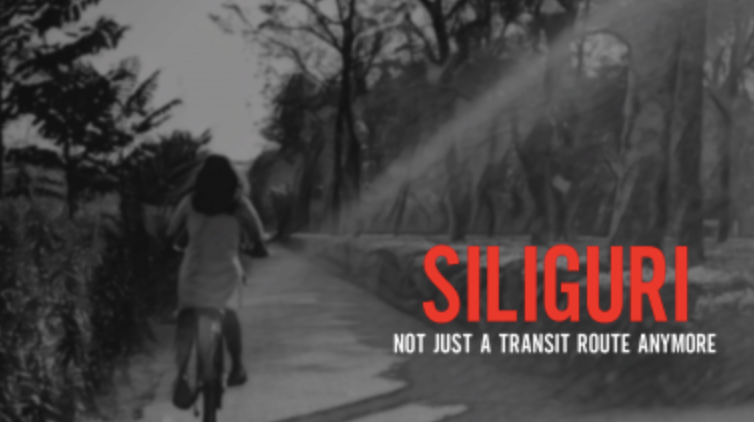
SILIGURI
Host Mariya Rajan's quick visit to three hamlets near lush green tea gardens in Siliguri city and surrounding areas reveal that at least one child has gone "missing" in each of them. Was it just a coincidence, or is something changing in that region - which, being a gateway to the northeast India as well as the neighbouring countries …
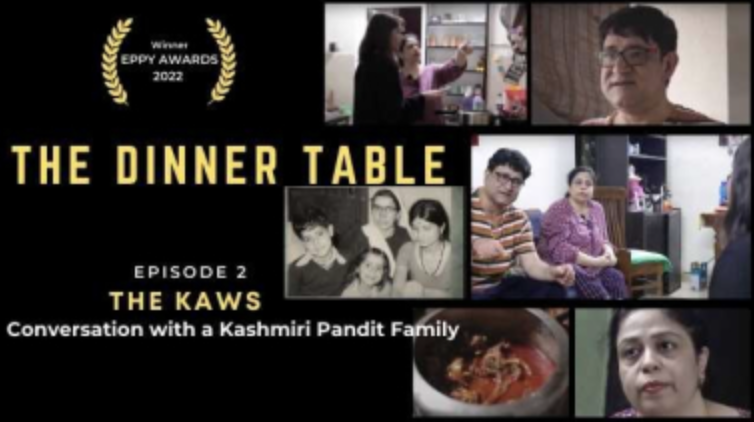
DINNER WITH KAWS | Conversation with a Kashmiri Pandit Family
Fleeing Kashmir in 1990, as over 70,000 other families did under threat from violence by Islamist militants, the Kaw family resettled in the northern India but they still miss their home. Host Harshita Rathore explores what identity-based discrimination and violence do to the minds and hearts of members of a community.
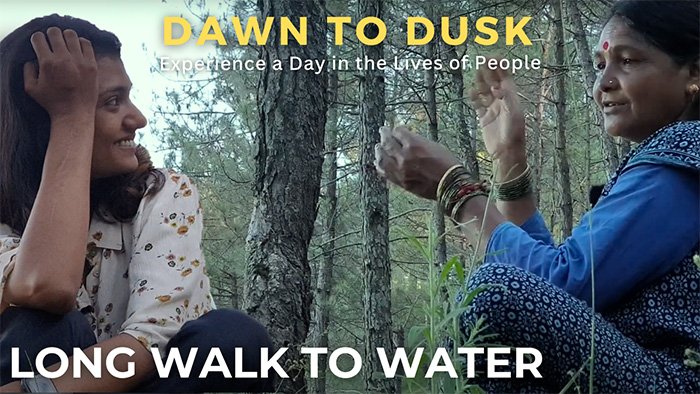
LONG WALK TO WATER
Series host Mariya Rajan goes for an arduous walk on the mountains of Almora district of Uttarakhand state with a local resident, Janaki Devi, who fetches water three times a day from the nearest stream that is kilometres away.
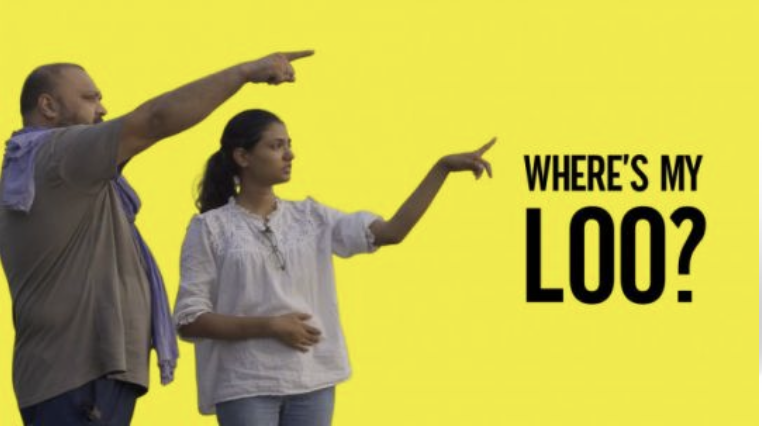
WHERE’S MY LOO?
Kusum and Pinki are just two of the millions of women in rural India who do not have access to a toilet. The two live in a village in the northern state of Haryana, which according to the Indian government, is open-defecation free. Local activist Sameer Bakshi?s family raises the issue.
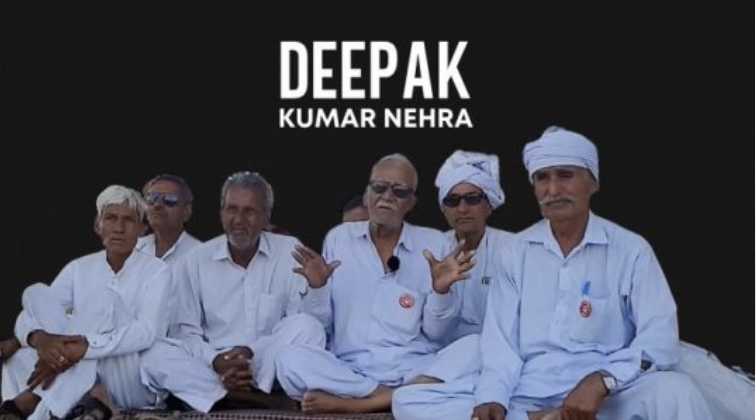
DEEPAK KUMAR NEHRA
Deepak Kumar Nehra, a farmer from the northern Haryana state, is on his way to Delhi to join the farmers? protest to express solidarity with fellow farmers speaking out against three new farm laws, but he falls off his tractor and dies. He?s one of the many farmers who’ve died while protesting
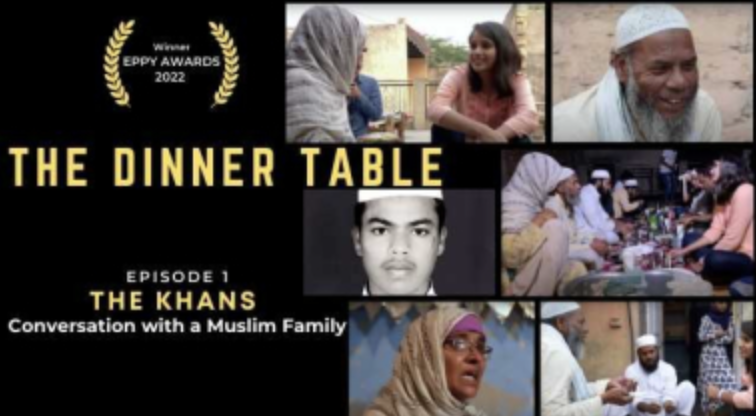
DINNER WITH KHANS
Nearly four years after their son was lynched for being Muslim, the Khan family in the northern state of Haryana struggles to cope with the grief while fighting for justice. Host Harshita Rathore explores what identity-based discrimination and violence do to the minds and hearts of members of a community.
